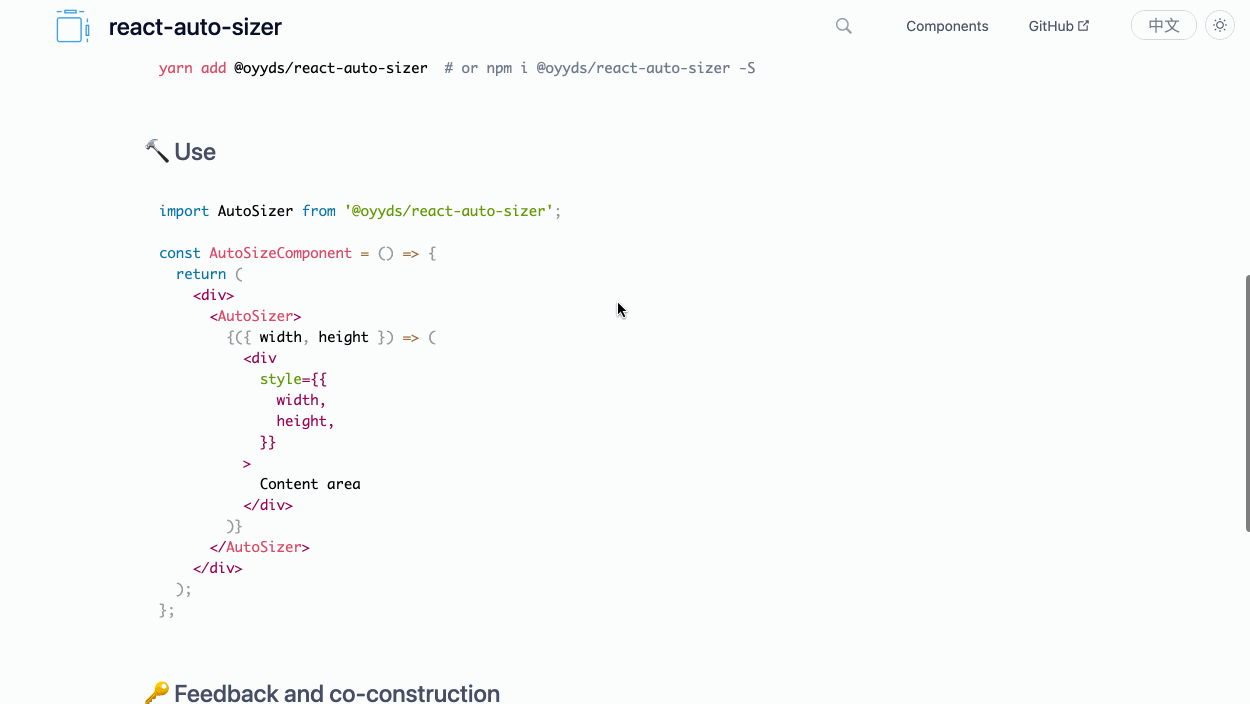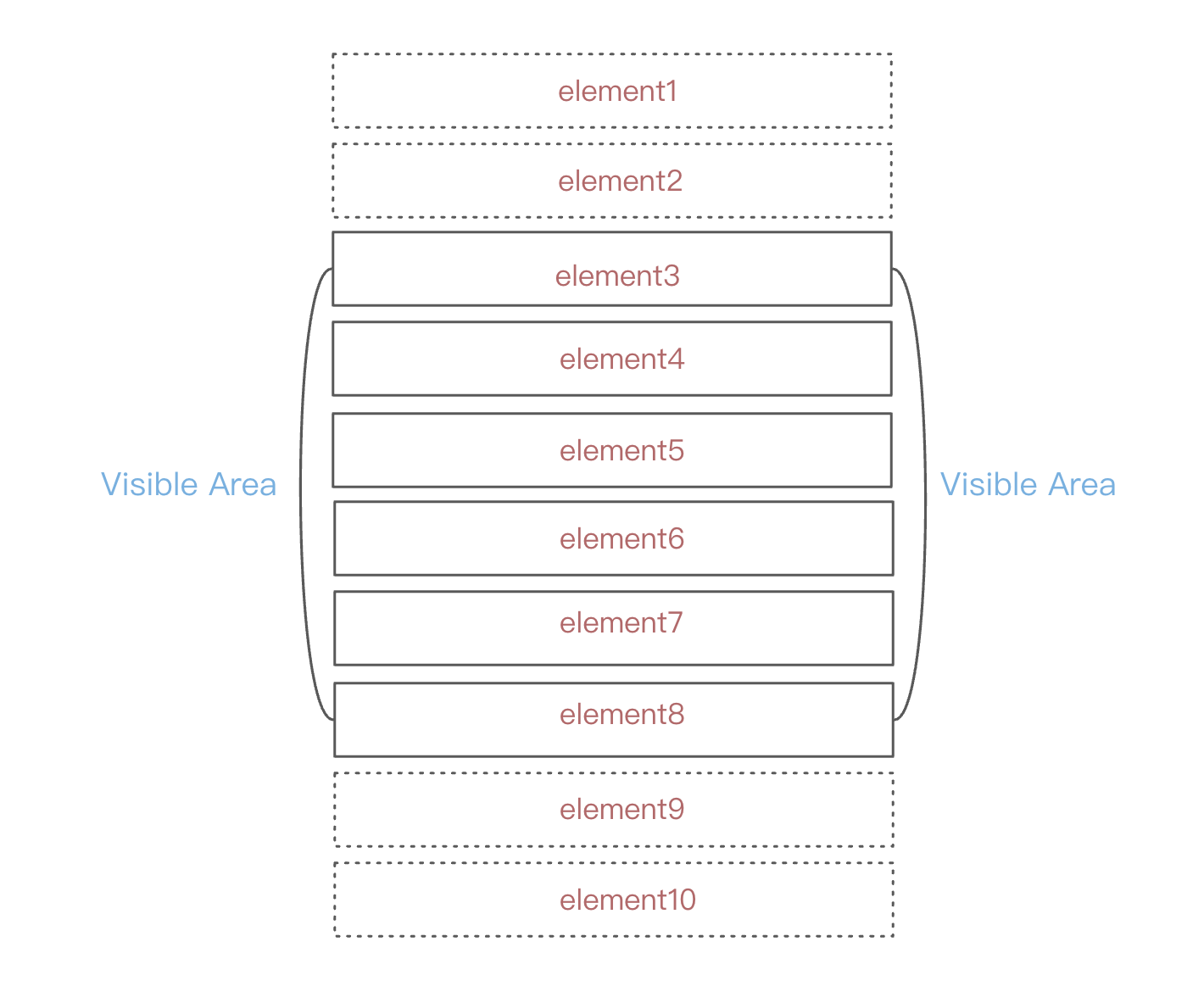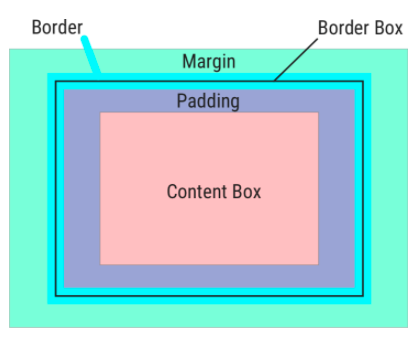Implement a react component that automatically calculates width and height based on ResizeObserver
 xq nie
xq nie🌟 github:https://github.com/niexq/react-auto-sizer, Thanks for reading and welcome Star 😄
🏠 Homepage

📦 Install
yarn add @oyyds/react-auto-sizer # or npm i @oyyds/react-auto-sizer -S
🔨 Use
import AutoSizer from '@oyyds/react-auto-sizer';
const AutoSizeComponent = () => {
return (
<div>
<AutoSizer>
{({ width, height }) => (
<div
style={{
width,
height,
}}
>
content
</div>
)}
</AutoSizer>
</div>
);
};
🧩 Business scene
Now most business scenarios need to be compatible with big data, such as big data table, big data tree, big data drop-down box, etc., and all big data components need to specify width and height, Most of the actual business interface needs to calculate the width and height in real time, and react-auto-sizer is to complete the task of automatic calculation of width and height.

🧑💻 Coding
At the beginning of the pre-research, windows was bound to resize, but due to resize, there will be performance problems when the window changes, and some extreme pixels will appear jitter. ;
ResizeObserver, the interface can listen to changes in the content area of Element or the bounding box of SVGElement. The content area needs to be subtracted from the padding. -- from MDN
ResizeObserver best choice, use react hook useEffect,The core code is as follows:
const updateState = useCallback(
(newWidth: number, newHeight: number, entry: ResizeObserverEntry) => {
// update state
// onResize width, height
props.onResize({ width: newWidth, height: newHeight }, entry);
},
[childParams, disableHeight, disableWidth, onResize],
);
const observer = useMemo(
() =>
new ResizeObserver((entries: ResizeObserverEntry[]) => {
for (const entry of entries) {
const contentRect = entry.contentRect;
const width = Math.trunc(contentRect?.width || 0);
const height = Math.trunc(contentRect?.height || 0);
updateState(width, height, entry);
}
}),
[updateState],
);
useEffect(() => {
if (!_autoSizerRef?.current?.parentNode) {
throw new Error('Not Found AutoSizer parentNode');
}
observer.observe(_autoSizerRef?.current?.parentNode as Element);
return () => {
observer.disconnect();
};
}, [observer]);
Focus:
observer.observe(_autoSizerRef?.current?.parentNode as Element),listen parent dom node
contentRect: ResizeObserverEntry return a DOMRectReadOnly read-only property contentRect, object containing the new size of the observed element, property:
{
"x": 0,
"y": 0,
"width": 300,
"height": 200,
"top": 0,
"right": 300,
"bottom": 200,
"left": 0
}
contentRect returns the content box, which is the size of the content area (for detailed reasons, please refer to Zhang Xinxu's introduction to ResizeObserver)

so contentRect.width 、contentRect.height is the width and height we need
⭐️ Thanks for reading
github:https://github.com/niexq/react-auto-sizer, Thanks for reading and welcome Star
🐳 Source of inspiration
react-virtualized-auto-sizer
ResizeObserver
Detect DOM size changes JS API ResizeObserver
Subscribe to my newsletter
Read articles from xq nie directly inside your inbox. Subscribe to the newsletter, and don't miss out.
Written by
